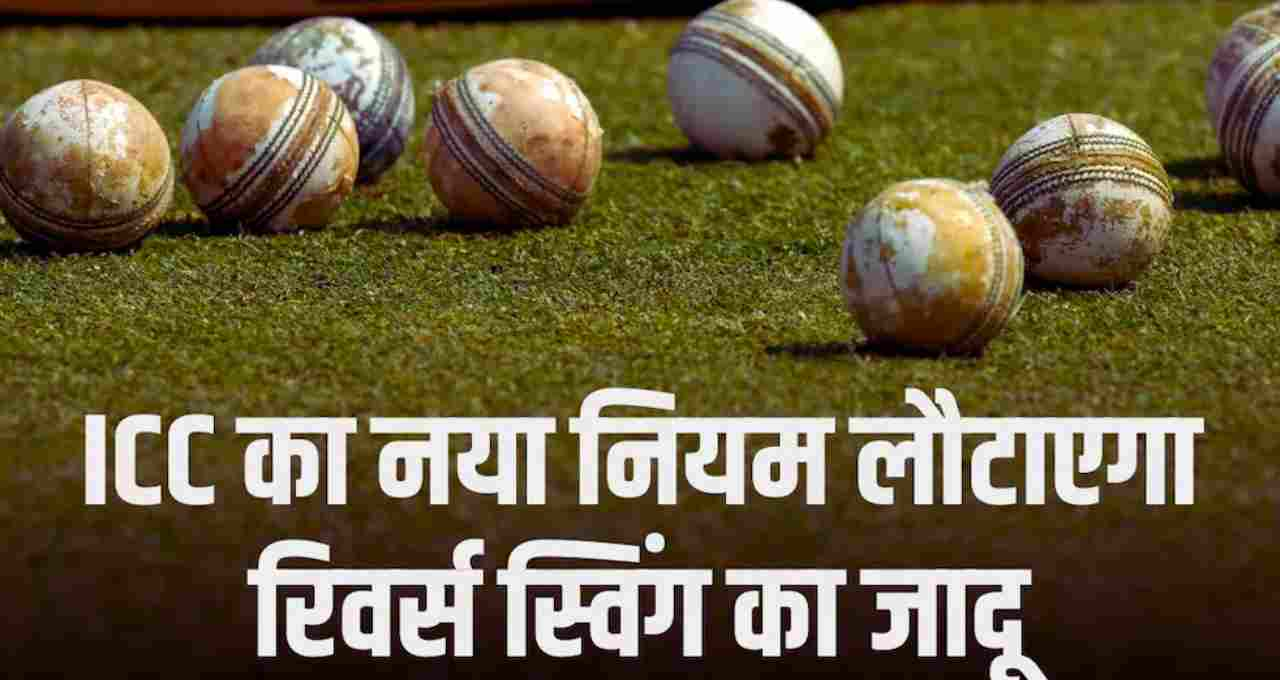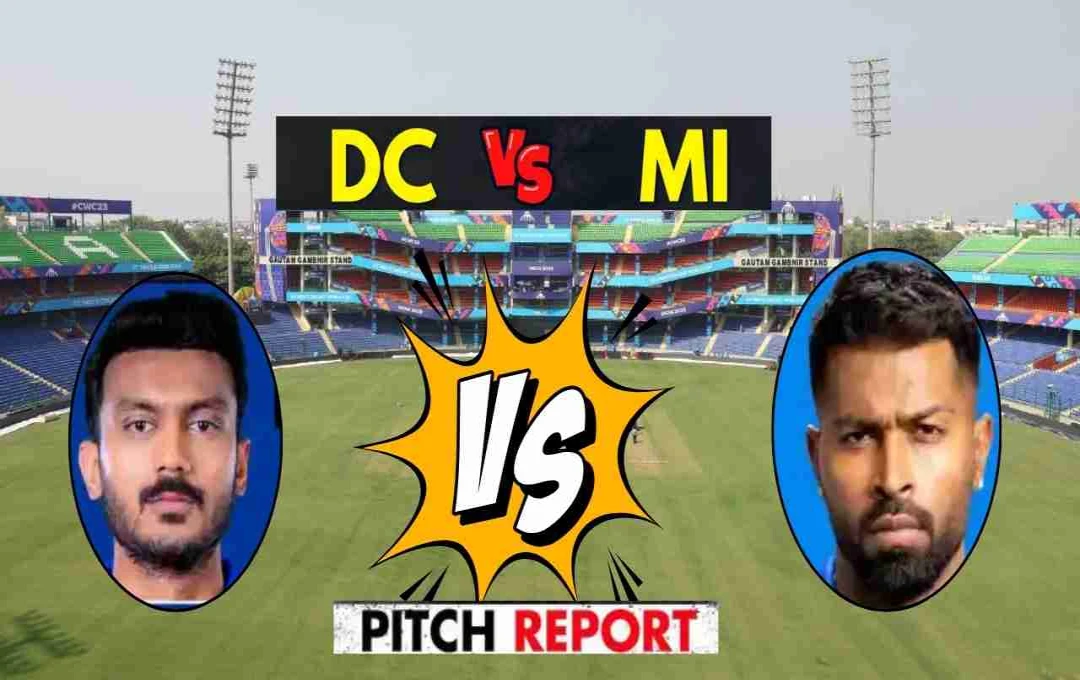The International Cricket Council (ICC) is considering a significant rule change in One Day International (ODI) cricket. Currently, two new balls are used in ODI matches, but a proposal to use only one new ball is under consideration.
Sports News: The International Cricket Council (ICC) is again preparing to make major changes to ODI cricket rules. Sources suggest a proposal has been put forward to replace the current two new ball rule with a single new ball, aiming to provide bowlers with a more decisive role and enhance balance in the game. This change is based on a recommendation from the Cricket Technical Committee, headed by former Indian captain Sourav Ganguly.
What is the proposed change?
Currently, in ODI matches, two new balls are used for 25 overs from each end, preventing the ball from becoming old and minimizing the opportunity for swing and reverse swing. The new proposal suggests continuing the use of two balls for the first 25 overs, but thereafter, only one ball would be used for the remaining overs of the innings. The bowling team would have the option of choosing which ball to use for the subsequent overs.

Significant Relief for Bowlers
This proposal is based on the understanding that an older white ball tends to reverse swing, assisting bowlers. The two new ball rule had negated this advantage, often resulting in teams easily scoring 300-350 runs. Several former players, including cricket legend Sachin Tendulkar, have already criticized this rule. This change would give bowlers a chance to regain a decisive role in the match.
When and Where will the Decision be Made?

The final decision on this rule may be taken at the upcoming ICC meeting in Zimbabwe. The proposal will be thoroughly discussed there, and if consensus is reached, it could be implemented from the next ODI series or major tournament. Following the implementation of time restrictions between overs in ODIs and T20s, the ICC is also considering implementing a '60-second clock' in Test matches.
The aim is to ensure a quota of 90 overs per day. If this rule is implemented, penalties, such as points deductions or fines, may be imposed on teams exhibiting slow over rates.














